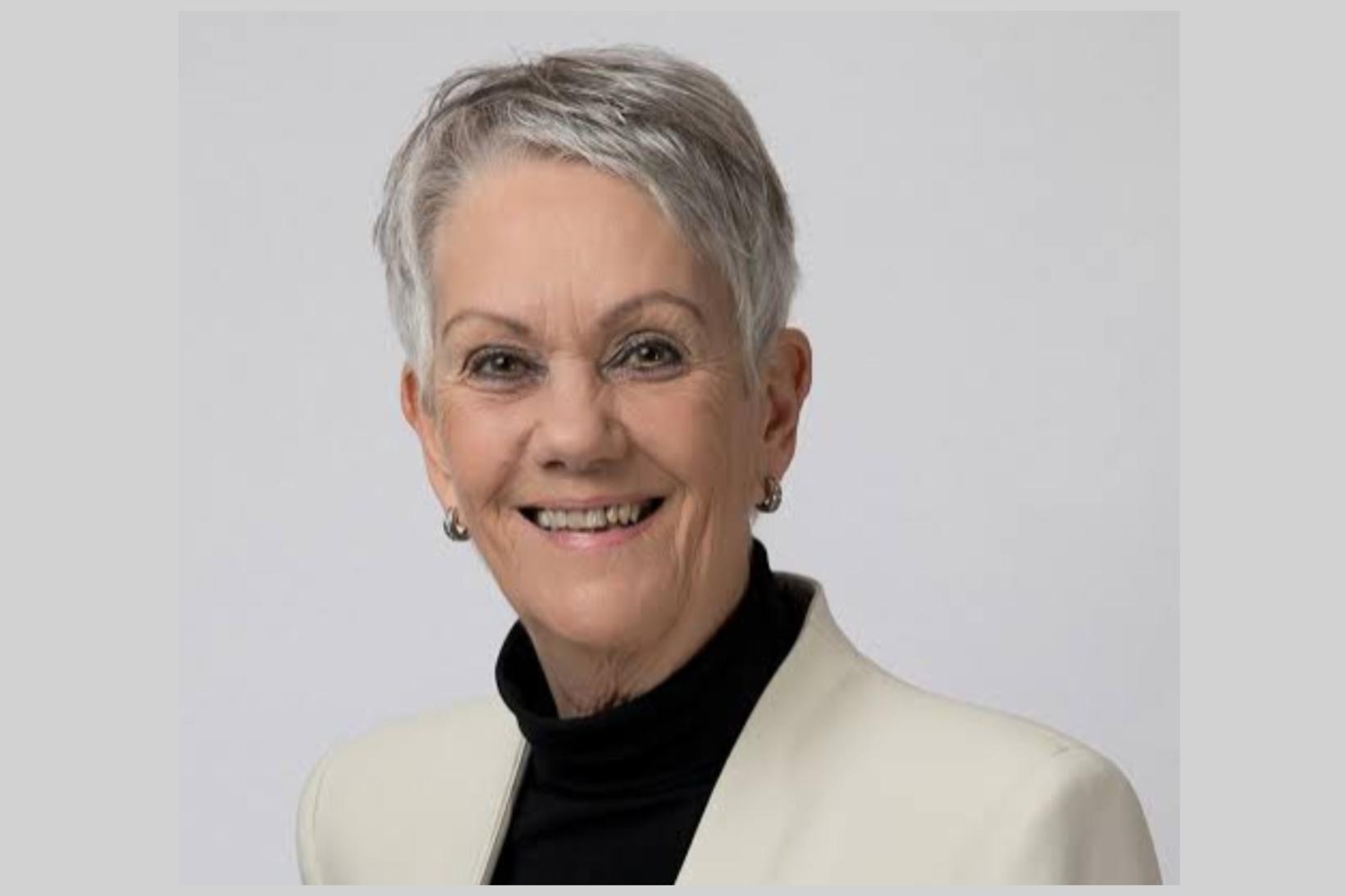“Does Mom Just Have Dementia Three Days a Week?”
The Alzheimer’s Association conference, to be held today, is entitled “Does Mom Just Have Dementia Three Days a Week?” Photo/Colourbox
“If you have Alzheimer’s, you need services. Not only sometimes but always,” says Ragnheiður Ríkharðsdóttir, chairperson of the Alzheimer’s Association.
The Alzheimer’s Association conference, to be held today, is entitled “Does Mom Just Have Dementia Three Days a Week?” and refers to the lack of holistic services for people with dementia across the country, the name coming from a lecture by Bergþóra Kristinsdóttir, a member of a family of a person with dementia.
“In some places, the service for those who are diagnosed with dementia is so limited. Perhaps it’s only two days a week, maybe three days a week,” says Ríkharðsdóttir.
Nonetheless, it is necessary to provide services to family members.
Asked if the focus will also be on the family members of those diagnosed with dementia, Ragnheiður answers yes. According to the association, the two are so intertwined that they are unavoidable, as it is no less necessary to provide services to family members, even to the same level as the one diagnosed with dementia.
“This disease is just simply like that. We’ve known in the past that the family or partner that has been caring for the person with Alzheimer’s disease becomes another patient when they just give up and head into burn out Ríkharðsdóttir says.
Need for support
Many dementia-related issues will be covered, Ríkharðsdóttir said, but also how to provide better services for clients and family members. This will not only mean how the Alzheimer’s Association can do better but also how the health and social system can provide better support.
As an example, she writes, caregivers of children with chronic illnesses could apply for a carer’s allowance, so it is possible to wonder whether such support or otherwise is needed for the caregivers of people with dementia.
Not just a disease in the elderly
Asked whether awareness is needed regarding dementia, Ragnheiður answers yes.
“It’s necessary to discuss this,” she says, mentioning that, for example, it is a common misconception that dementia affects only the elderly. Although many elderly people suffer from dementia, the disease is not directly linked to aging.
"We're getting newly diagnosed people as young as fifty."
Important not to hide a growing illness
Ríkharðsdóttir says it is important not to hide the disease but to report it to friends and family members to maintain social connections and support. She also says that it is important to contribute to the mental and physical health of the person who is diagnosed, with exercise and brain puzzles. Both do not need to be complicated but it can be a walk or a puzzle.
But according to research, she says that the increase in Alzheimer's is absolutely clear. Why that is the case, is impossible for her to answer, and perhaps it is a sign that people seek help from a family doctor sooner if they start to experience symptoms?



/frimg/1/57/87/1578747.jpg)





